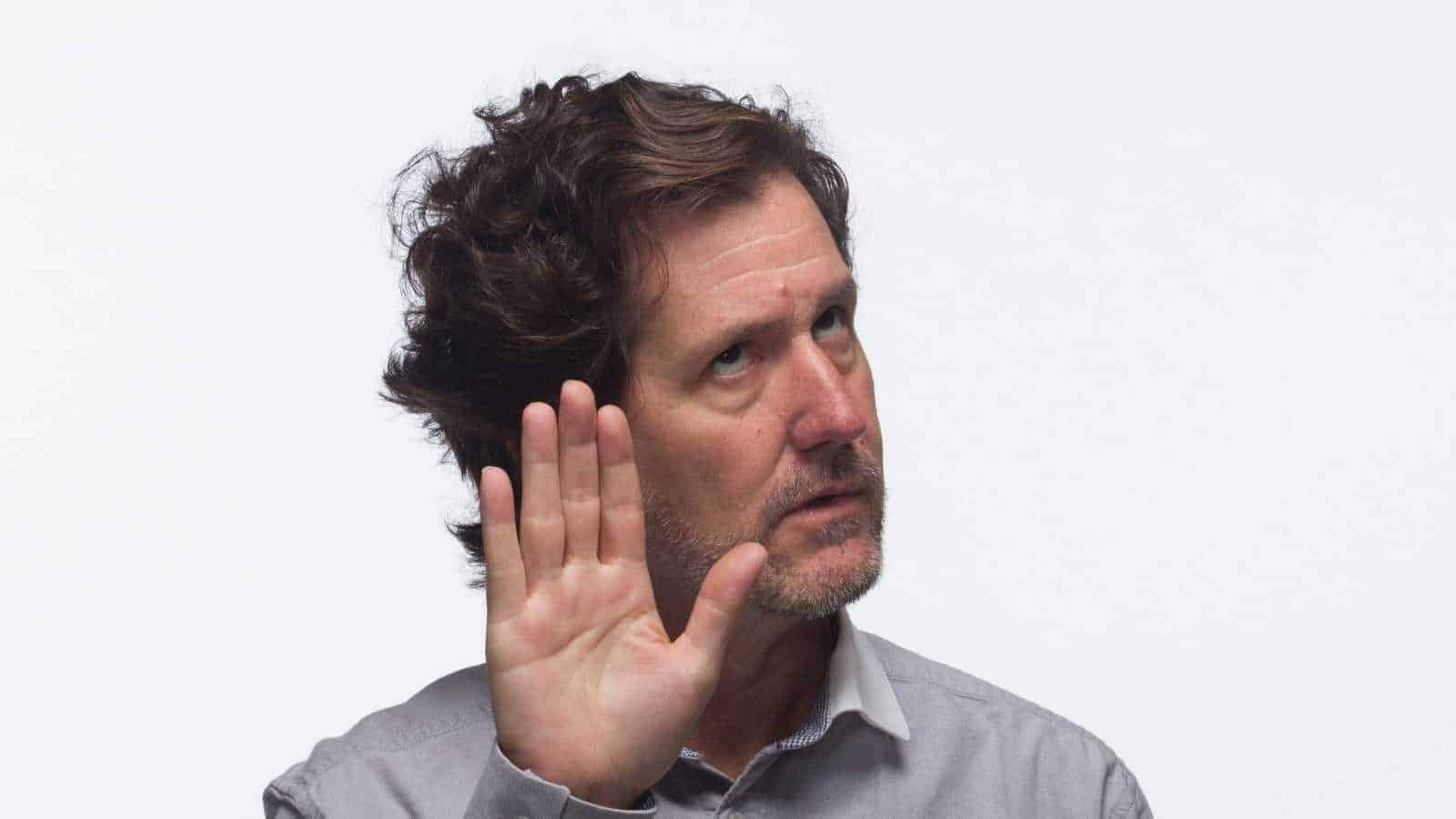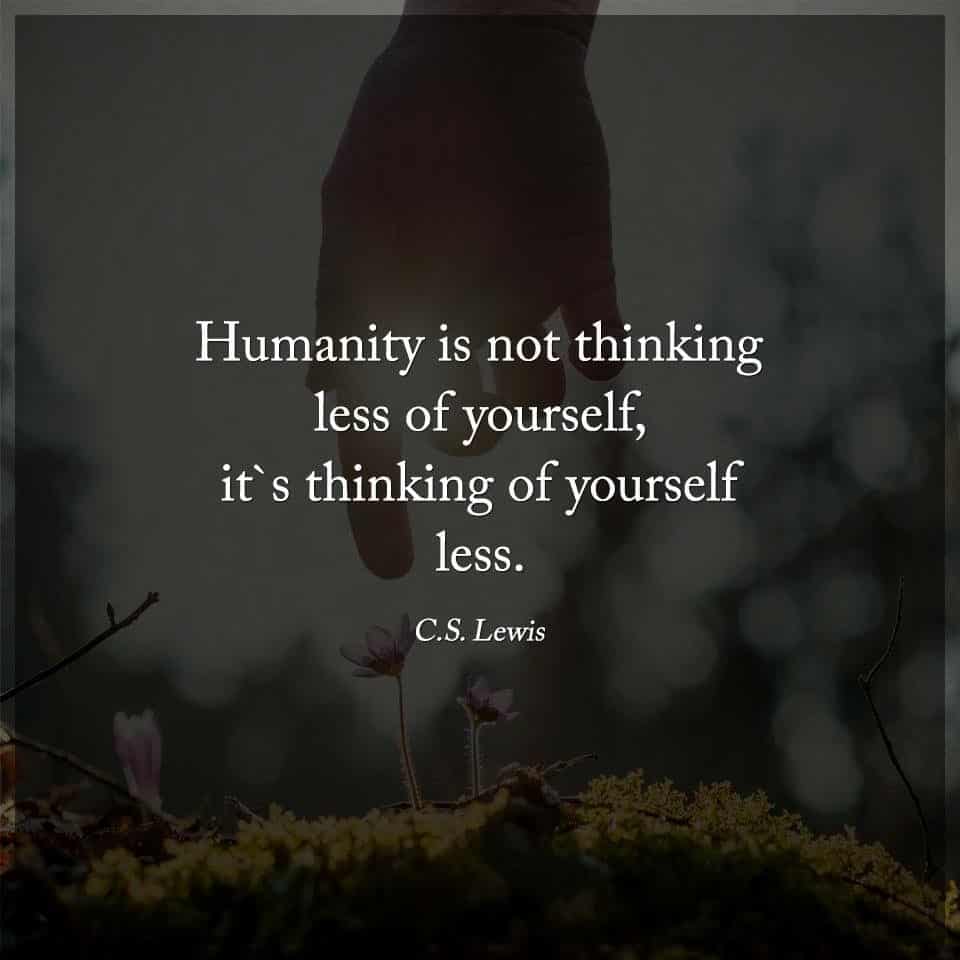It’s easy to say that deflection is ignoring something, but what does that really mean? Synonyms of the word include turning, deviating, divergence, straying, and more. Deflection is a little deeper than ignoring an issue. It’s a deep, psychological issue that can indicate some other character or personality flaw that a person should deal with. So why do people deflect instead of owning up to their mistakes?
In psychology, deflection is an inability for a person to focus on themselves. More than that, it’s an intense focus on a partner’s feelings, actions, or beliefs (usually an antagonizing focus). It’s usually done as a way to deviate the attention away from their own actions, feelings, and beliefs.
Dealing with a person that is skilled in deflection can be incredibly frustrating. It can lead to failure and even abusive relationships. However, understanding why a person does this could help, especially if the deflector is willing to help. Luckily, it’s a hot topic of discussion among psychologists.
Even Children Might Deflect the Blame
Children who deflect can seem like they’re doing harmless “kid stuff.”
Here’s a prime example. One sibling may tell their parents what the other sibling did to take the parents’ attention away from their own transgressions. Of course, good parents can see right through this and teach the child that it’s the wrong thing to do. They may teach the child that they should take responsibility for their own actions.
In most cases, these lessons stick. However, sometimes they don’t.
When they don’t, what results is a child who grows up practicing deflection. By the time the child becomes an adult, they’ve mastered the skill.
Deflection isn’t just something that kids randomly do. There is much psychological research behind this behavior – something that makes them deflect. One incident of deflection doesn’t indicate a problem. However, the repeated behavior, especially if someone is teaching them that the behavior is wrong, is an indicator that there is something more going on.
Deflection in Small Children
When small children are deflecting, it’s not always with malicious intent. Toddlers must be taught the concept of truth, right and wrong, and accepting responsibility.
At first, toddlers will always tell the truth because they don’t understand that they’ve done something wrong or unacceptable. When they catch on to the right and wrong concept, they may deflect because they want it to be someone else’s fault. This is actually a sign of growth. They’re beginning to understand how life works.
It’s at this point that deflection will either be embraced or stamped out. People often think that a toddler’s deflection is cute or funny. Parents may ask them who wrote on the starch white wall with crayons, and the toddler may say the dog did it.
Living with a young child can be both funny and frustrating.
As tempted as parents may be to laugh it off, they must do the exact opposite. This doesn’t mean they should let the toddler have it, but if they give the toddler a positive response, the child will think their parents like that response. Toddlers want to please their parents, so if you laugh when they say the dog did it, you can expect that response to continue.
If you teach the child that deflection is wrong at this young age, you most likely won’t have to worry about this behavior when they get older. It can be a nightmare trying to get an older child not to deflect.
Research supports that even young children learn to tell lies.
Consider this quote from the psychology journal, Developmental Psychology:
“Lying is a pervasive human behavior. Evidence to date suggests that from the age of 42 months onward, children become increasingly capable of telling lies in various social situations.”
So what they suggest is that toddlers develop the ability to tell lies at a relatively early age. Once lying behavior emerges, a child can make excuses and deflect to shift blame from there.
Deflection in older children.
If deflection isn’t stamped out during the toddler phase, children may start to use this as a manipulation tactic as they get older. They know that you’ll let the behavior go, so they use it to get out of being punished for their actions or behaviors. Their reasoning may be the same – they don’t want you to be mad at them – but it’s a little more malicious at this point because they are aware of what they’re doing.
Although it may be a little more difficult at this stage to teach your child not to deflect, it’s not impossible. It takes a lot of patience as well as a lot of leading by example. Ways to lead by example include:
- Allowing kids to hear you work through decisions out loud. Adults make decisions all day, even small ones. However, adults are so good at these decisions; they happen silently, which teaches kids nothing. Vocalize your decision making.
- Own up to your mistakes out loud. When kids hear you own up to your mistakes, it teaches them that it’s okay to make mistakes and that it’s not the end of the world. They can also learn how to take responsibility and fix the mistakes.
- Let them suffer the consequences of their mistakes. If you always fix everything, they won’t learn how to fix it themselves. It can be tempting to come to your child’s rescue, but they need to learn how to handle themselves in life.
When Deflection Turns Bad
Kids end up deflecting situations because of a fear of not pleasing their parents. This travels into adulthood, and people continue the behavior because of fear. It becomes a defense tactic to keep themselves from getting hurt or abandoned by those they care about.
Sometimes people get so good at deflecting. They do it automatically without realizing that they’re doing it. Unfortunately, this behavior can turn sour. As a teenager or an adult, deflection can move from harmless little lies to being downright abusive. This is counterproductive to keeping their partner in their life, but they don’t see it that way.
A pattern of deflection can be fueled in one of two ways. Fear, which was discussed above, is the first way. Narcissism is the second way. While both ways can turn a person into an abuser, narcissism is the worst of the two.
Narcissism
In psychology, narcissism is defined as an inflated sense of self. The narcissist will lack empathy for other people and believe that they deserve better treatment than everyone else. They want everyone to admire them and put them on a pedestal.
It can be exhausting dealing with a narcissist. They tend to wear down the people around them. However, with therapy, sometimes they can change.
Narcissists are masters of deflection. However, the difference between a narcissist and someone who isn’t one is that narcissist doesn’t care about other people’s feelings. Their deflection is purely selfish.
They don’t displace blame out of fear of not being liked. They do it because they feel that they are always right. Narcissists are very manipulative. So they use deflection as a method to control others around them.
Abusive Deflection
Narcissists can often be verbally abusive. Sometimes they can also be physically abusive. When dealing with this type of narcissist, it may be next to impossible to help them stop deflecting. They may need professional help.
Narcissists that are on this level of abuse have what’s called Narcissistic Personality Disorder (NPD). The abuse can be physical, emotional, or verbal. Besides physical abuse, narcissists with NPD can be so charming and smooth with the abuse that the victim may not realize they’re being abused. This makes it even more dangerous for the victim.
When the deflector is suffering from NPD, deflection is probably the least of anyone’s concern. The deflector will have far worse issues to work through. However, they must be willing to get help.
Final Thoughts on Why People Deflect Onto Others
Deflection is a behavior that can be a defensive response or a response that occurs because a person doesn’t care. The reason the person presents the behavior can change how it affects others. However, it’s always going to be a bad effect.
Blaming others for one’s actions is a bad way to live and it’s bad for people who must interact with the deflector. It strains relationships to a point where they may not be able to be fixed.
If you blame others for your actions, you should begin working on changing the behavior immediately. If it’s someone you care about, it may be time to have a serious conversation with them about changing their ways. The good news is that the behavior can be changed as long as everyone is willing to put in the effort.



















